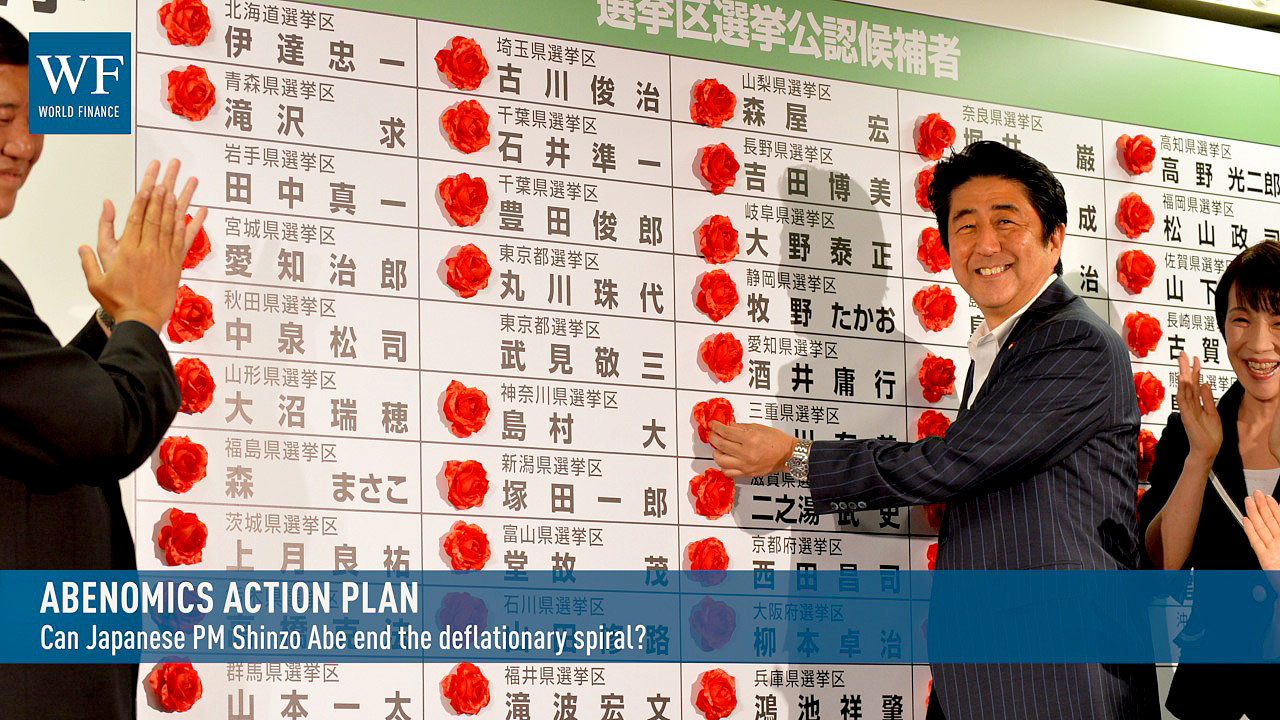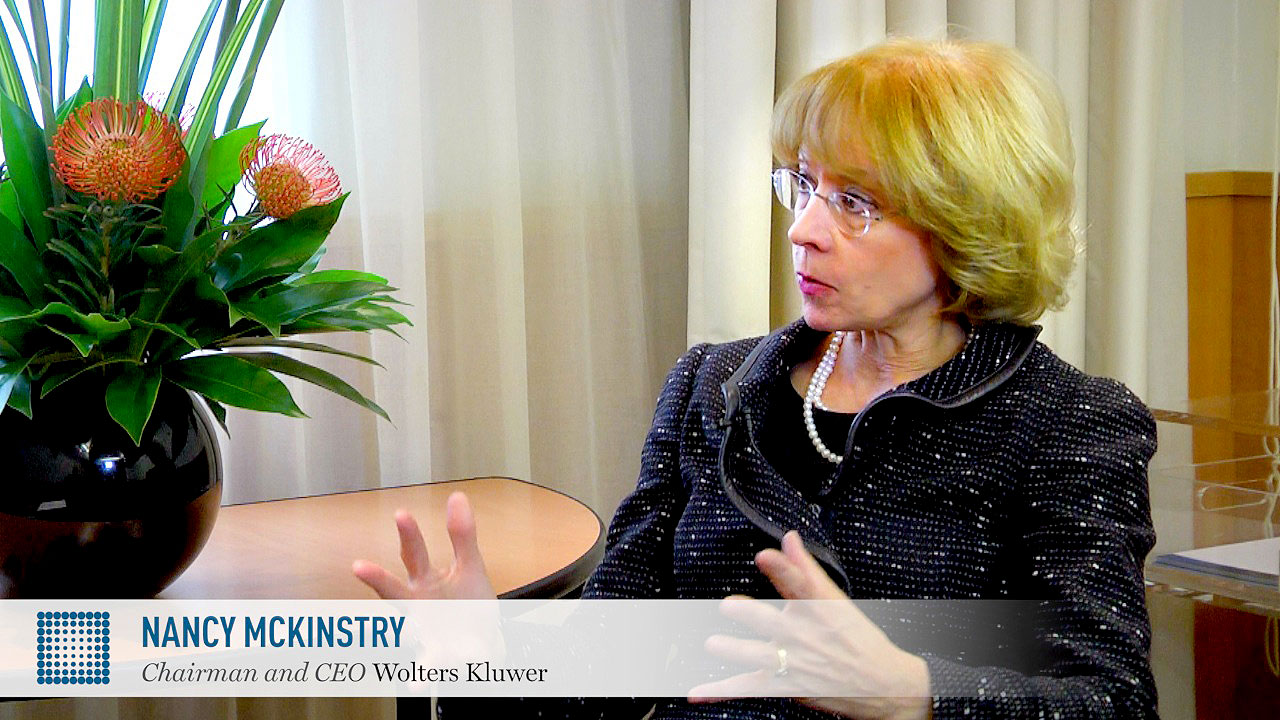Inflaming the Chinese dragon? Japan hints at conflict | Video
World Finance talks to Joseph Pearlman, Professor of Economics at City University London, about the increasing tension between China and Japan
Related:
Transcript
The World Economic Forum, a platform for collaborative thinking and searching for solutions. But when Japanese Prime Minister Shinzo Abe alluded to the prospect of conflict in east Asia, collaborative thinking was perhaps far from the minds of some. Joining me now is Joseph Pearlman, Economist at City University London, to talk about what a conflict could mean for the world’s economy.
World Finance: Well Joseph, obviously tensions between China and Japan have been mounting, especially with the sovereignty of the Senkaku and Diaoyu Islands, but if there was a conflict, what would this mean for the world’s economy?
Joseph Pearlman: It’s going to be pretty serious as regards trade between Japan and China, that’s obviously going to be out. Japan is very much dependent on world demands, there’s not been a lot of evidence of demands within Japan for the past 25 or more years. So reduced demand from China is not going to be good for the economy of Japan, maybe it will be good in terms of creating demands within Japan for the construction of extra weaponry.
World Finance: So realistically, how much do China and Japan need each other economically?
Joseph Pearlman: Japan must need China, and I wonder how the speech will have gone down in Japan. It seems to me a very strange approach for Abe to take, because Japan is surely not going to benefit from this unless it increases its production of weapons, and I can only imagine that there’s going to be a lot of dissent within Japan about this.
World Finance: Joseph, thank you.
Joseph Pearlman: Thank you.

 Abenomics review: can Japan’s Prime Minister reinvigorate its economy?
Abenomics review: can Japan’s Prime Minister reinvigorate its economy? Nancy McKinstry on breaking into China | Video
Nancy McKinstry on breaking into China | Video
